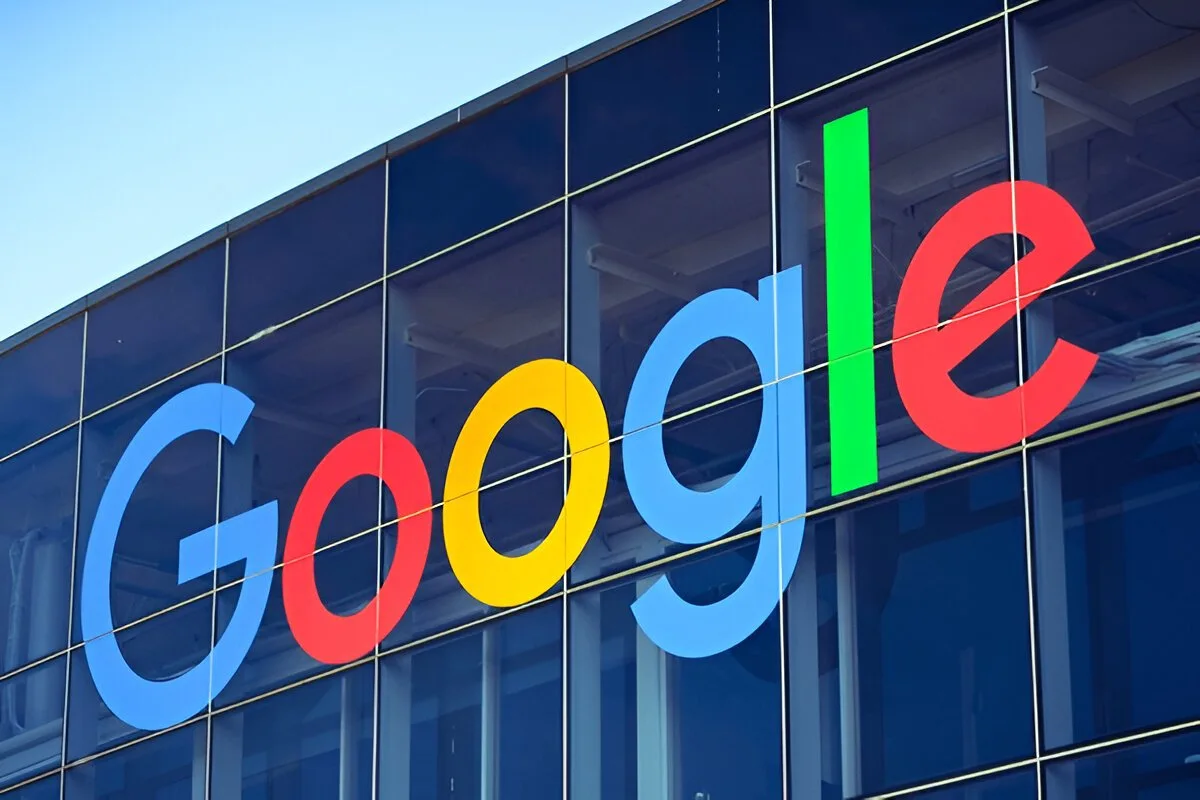Exclusive: Google to Part Ways with Scale AI Following Meta Partnership
San Francisco, June 2025- In the most recent news that has taken the AI vendor scene by storm, Google has chosen to sever its decade-long association with Scale AI after a huge Meta investment in the latter. The switch is an indicator of the rising tension in Big Tech around data control, vendor neutrality and a rising unease around antitrust attention.
Google was already the biggest customer of Scale AI and was expected to spend approximately $200 million with the firm this year. But following Meta disclosing a 49% non-voting stake in Scale AI and bringing its CEO, Alexandr Wang, on board through one of the most high-profile acquihire transactions in Silicon Valley, Google started planning to transition its data-labeling requirements to other suppliers.
This shift highlights the reconsideration of AI collaborations regarding competitive intelligence and regulation pressure.
The Strategic Break
Google is not merely leaving its partnership with Scale AI because of financial reasons, but it is strategic. The Meta investment caused internal Meta concerns regarding the risk of exposure of sensitive model training data. Although Scale AI insists that it is an independent company, many of its clients are worried about the conflict of interest as Meta keeps getting more involved.
In reaction, Google is currently transferring tasks to other vendors, including Labelbox, Turing, Handshake, and Mercor. This trend may decrease the revenues of Scale AI significantly in 2025, despite a brilliant performance of the previous year, with 870 million in revenue.
Microsoft, OpenAI, and xAI, also Scale AI customers, are reported to be re-examining their involvements in view of the Meta investment, suggesting wider unease in the market about such AI relationships.
The Scale AI bet by Meta
The vigorous entry into AI, by Meta, in the form of a strategic partnership with Scale AI, has been structured to provide it with an advantage over its competitors. Structured in an unusual way to avoid the requirement to file a mandatory transfer, the deal is coming under sharp antitrust review in Washington. Critics note that the transaction evades the norms of fair competition and must be reviewed through the prism of merger control.
Despite the reputation of the Trump administration as having adopted a less stringent approach to regulation, the present regulators have indicated their growing interest in the consolidation trend in the AI sector. The Meta-Scale AI transaction is currently considered a test case in how antitrust enforcers will approach acquihire transactions that do not fit within the usual acquisition standards.
Emergence of Alternate Players
With Google leaving, the rivals of the data-labeling ecosystem are gearing up to grow. There is a rise in demand in Labelbox, Turing, and Handshake. These companies, which were already involved in high-profile AI collaborations, are likely to gain due to shifted funds that were beforehand devoted to Scale AI.
The management of Labelbox has announced that it expects to scoop a massive share of the re-directed expenditure. Google is a fast switcher, and upcoming players can have a good chance to expand business.
Regulatory and Market Implication
The Meta investment has revived the controversy concerning supplier lock-in, competitive neutrality, and control in the AI supply chain. The loosening of control over big tech firms by permitting them to control newer companies via equity ownership and acquihire transactions is worrying to lawmakers and regulators as it may skew innovation and limit open competition.
This case is especially ripe for antitrust review, given that the Meta-Scale AI setup combines aspects of strategic investment, talent acquisition, and formal merger, all in one. This complicates its review under traditional antitrust laws, which increases the demand to change the way AI partnerships and other transactions are scrutinized.
Facebook, Meta, and Policy Backdrop
The interpenetration of the parent company Meta and Scale AI further mires the issue of historical precedence and where AI regulation is headed. The Trump administration saw minimal interference in such deals. Contemporary policy-makers are more concerned with new technology and consolidation consequences, though.
That development is indicative of a wider shift in perception within the market, in which Facebook and its parent company Meta are no longer primarily considered as social media platforms but as ambitious AI stakeholders with designs on control over foundational infrastructure.
The Future direction
The breakup between Google and Scale AI is an event that would make more companies review the format and composition of their AI relationships. As antitrust scrutiny heightens, particularly in acquihire transactions, the industry can expect more diversified and less aggressive investment Thesis.
Finally, the Meta investment might have given Meta an upper hand and a regulatory dilemma. The consequences of this pivot may soon rewrite the rules of negotiating trust, control, and innovation between vendors, platforms, and clients as the AI landscape develops.



